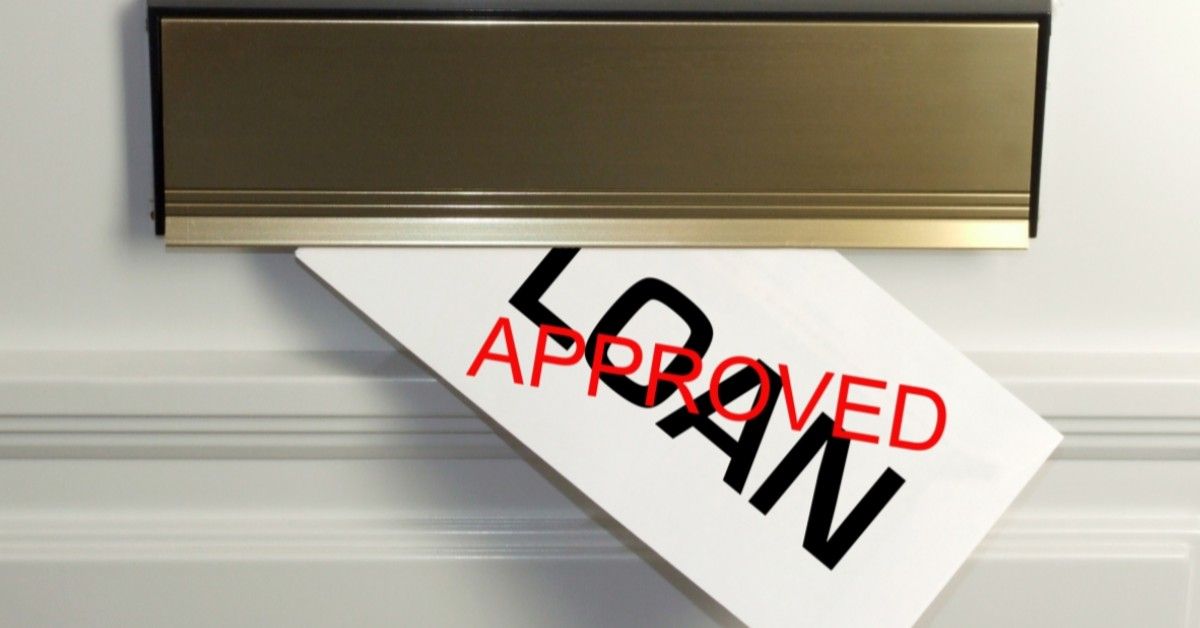When someone needs working capital for their small business or seed money for their next business venture, they have to choose between using a public lender or a private lender to work with for a working capital loan.
Here at the Hedaya Capital Group, we obviously have a horse in the race, being a private lender, and all — but it is important to note that in the end, it is your unique financial situation that will determine if a contract with a public lender or a private lender, such as ourselves, is the right decision for you and your business venture.
In today’s blog post we will very briefly discuss some of the fundamental differences between public lenders and private lenders so that you, as a business owner, can make a more educated decision as to what style of borrowing that you select. Continue reading to learn more and please don’t hesitate to contact us if you have any questions about whether public lending might work for you.


